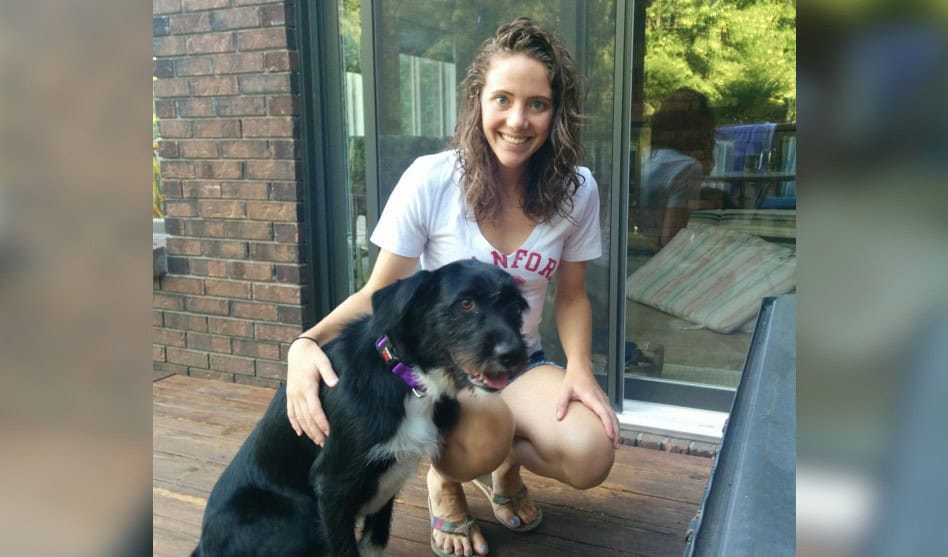Congratulations to HALO Research Manager Dr. Louise de Lannoy on her new paper titled “Physical Activity, diet, and weight Loss in patients recruited from primary care settings: An update on obesity management interventions” that was just published in the Obesity Science and Practice. This is the final project from Louise’s PhD. The main finding was that sustained weight loss regardless of the behavior‐based, intervention strategy remains a challenge for most adults. Given the established benefits of routine physical activity and a healthful diet, prioritizing the adoption of healthy behaviors regardless of weight loss may be a more effective strategy for ensuring long‐term health benefit. Citation details and the summary of the paper are below.
Bravo, Louise!
de Lannoy, L., Cowan, T., Fernandez, A., & Ross, R. (2021). Physical Activity, Diet, and Weight Loss in Patients Recruited from Primary Care Settings: An update on obesity management interventions. Obesity Science & Practice. https://doi.org/10.1002/osp4.514
Abstract
Background
Obesity and related comorbidities are the most common chronic conditions in North America where behavior modification including the adoption of physical activity (PA) and a healthful diet are primary treatment strategies. Patients are more likely to engage in behavior modification if encouraged by their physician; however, behavioral counseling in primary care rarely occurs due to lack of training and resources. A more effective method may be to refer patients from clinical settings to other health professionals.Objective
This systematic review examines the effectiveness of behavior‐based counseling for obesity management among participants referred from clinical settings.Methods
PubMed, CINAHL, and EMBASE were used to identify randomized clinical trials (2014–2020) for weight loss with the following inclusion criteria: trial duration ≥12 months, included a control or usual care group, recruited adults with overweight or obesity from primary care and/or treated in the primary care setting, and the intervention included counseling on PA and diet.Results
Seventeen studies, encompassing 21 different intervention groups with 6185 unique participants (56% female) met the inclusion criteria. All participants had overweight or obesity, with a body mass index between 28.2 and 41.0 kg/m2. In 11 (52%) of the intervention groups, significant weight loss in the intervention group was observed compared to usual care (mean weight loss: 4.9[2.1] kg vs. 1.0[0.9] kg). In 13 out of 18 interventions (72%) reporting weight loss at two time points, weight regain was observed by 12 months. Statistically significant weight loss was observed in one intervention (of two total) that was longer than 12 months.Conclusions
Sustained weight loss regardless of the behavior‐based, intervention strategy remains a challenge for most adults. Given the established benefits of routine PA and a healthful diet, prioritizing the adoption of healthy behaviors regardless of weight loss may be a more effective strategy for ensuring long‐term health benefit.
Please click here to read the full article.



